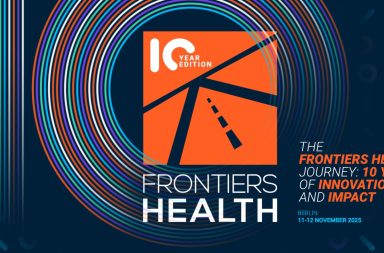Automated Feedback and Internet-Based Approaches for Depression Screening
A recent study published in The Lancet Digital Health underscores the potential of internet-based depression screening paired with automated feedback. This innovative approach aims to pinpoint individuals with depression and guide them toward evidence-based care.
The DISCOVER Trial
The DISCOVER trial, an observer-masked, three-arm randomized controlled trial conducted in Germany, enrolled participants aged 18 and older who screened positive for depression using an online self-report depression rating scale. Researchers randomly assigned participants to one of three groups: no feedback, non-tailored feedback, or tailored feedback based on their depression screening results.
Non-tailored feedback gave participants their depression screening result, advised seeking professional diagnosis, and provided brief general information on depression and its treatment. Tailored feedback included this information, personalized to their symptom profiles, treatment preferences, symptom attributions, health insurance, and local residence.
Key Findings
The primary outcome measure was the change in depression severity, as reflected by alterations in PHQ-9 scores six months after random assignment. Results demonstrated a reduction in depression severity across all groups, with no significant differences observed.
- The no feedback group experienced a decrease of 3.4 PHQ-9 points.
- The non-tailored feedback group exhibited a reduction of 3.5 points.
- The tailored feedback group saw depression severity diminish by 3.7 points.
These findings indicate that while internet-based depression screening combined with automated feedback can alleviate depression severity, the specific type of feedback—non-tailored versus tailored—did not significantly influence the outcome.
Potential benefits of personalized feedback
Despite the existence of effective treatments, many cases of depression go undetected and untreated. Internet-based depression screening coupled with automated feedback has the potential to reach a larger segment of individuals affected by depression and enable evidence-based care.
Furthermore, incorporating tailored feedback, which takes into account individual symptom profiles and personal circumstances, represents a step toward personalized mental health care.
Although this study did not find a marked difference between non-tailored and tailored feedback, additional research is warranted to explore the potential benefits of personalized feedback across diverse populations and contexts.
The DISCOVER trial stands as a notable advancement in integrating digital technology within mental health care. As the landscape of digital health continues to evolve, studies of this nature offer valuable insights into how internet-based tools and automated feedback can enhance mental health outcomes.



